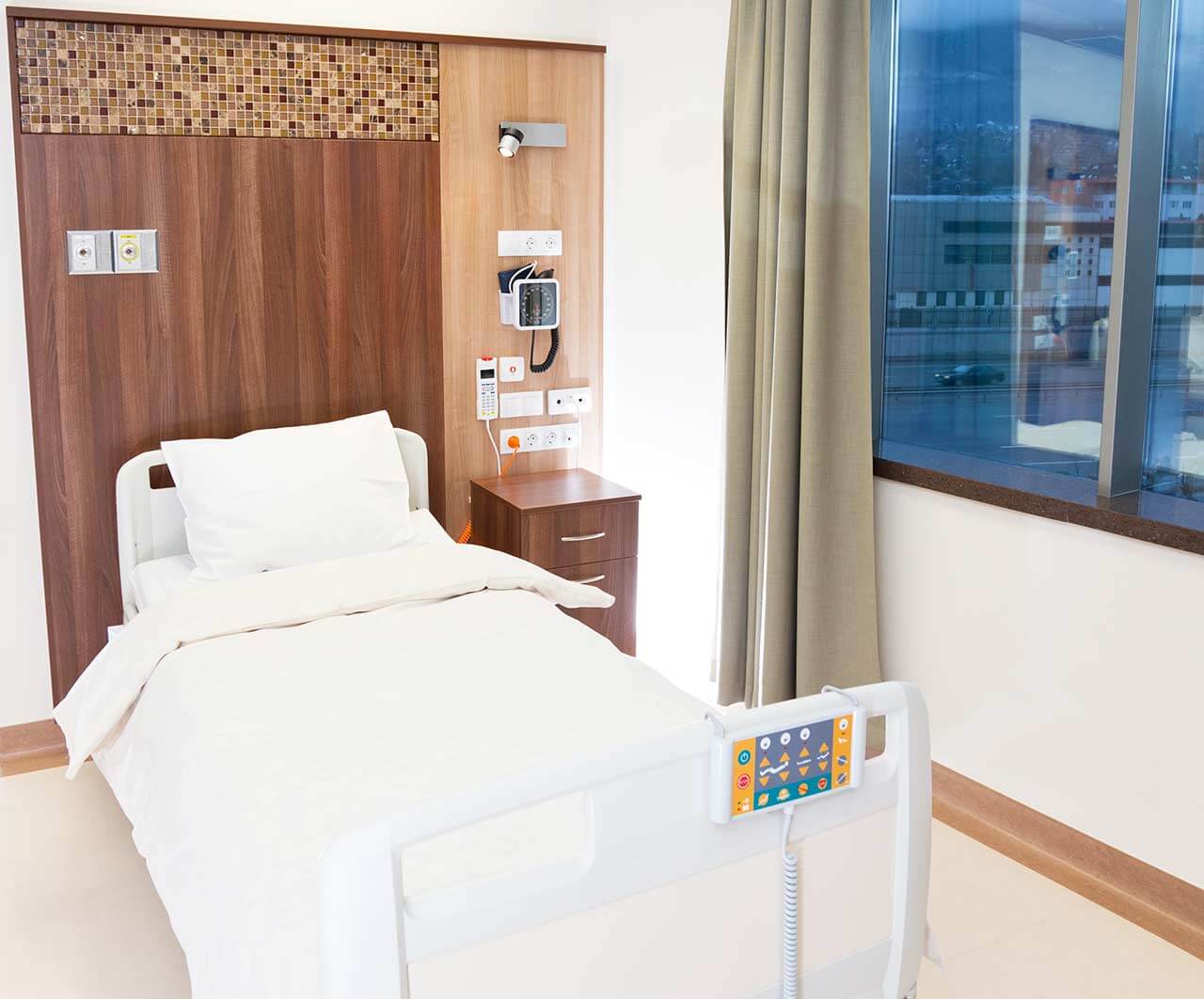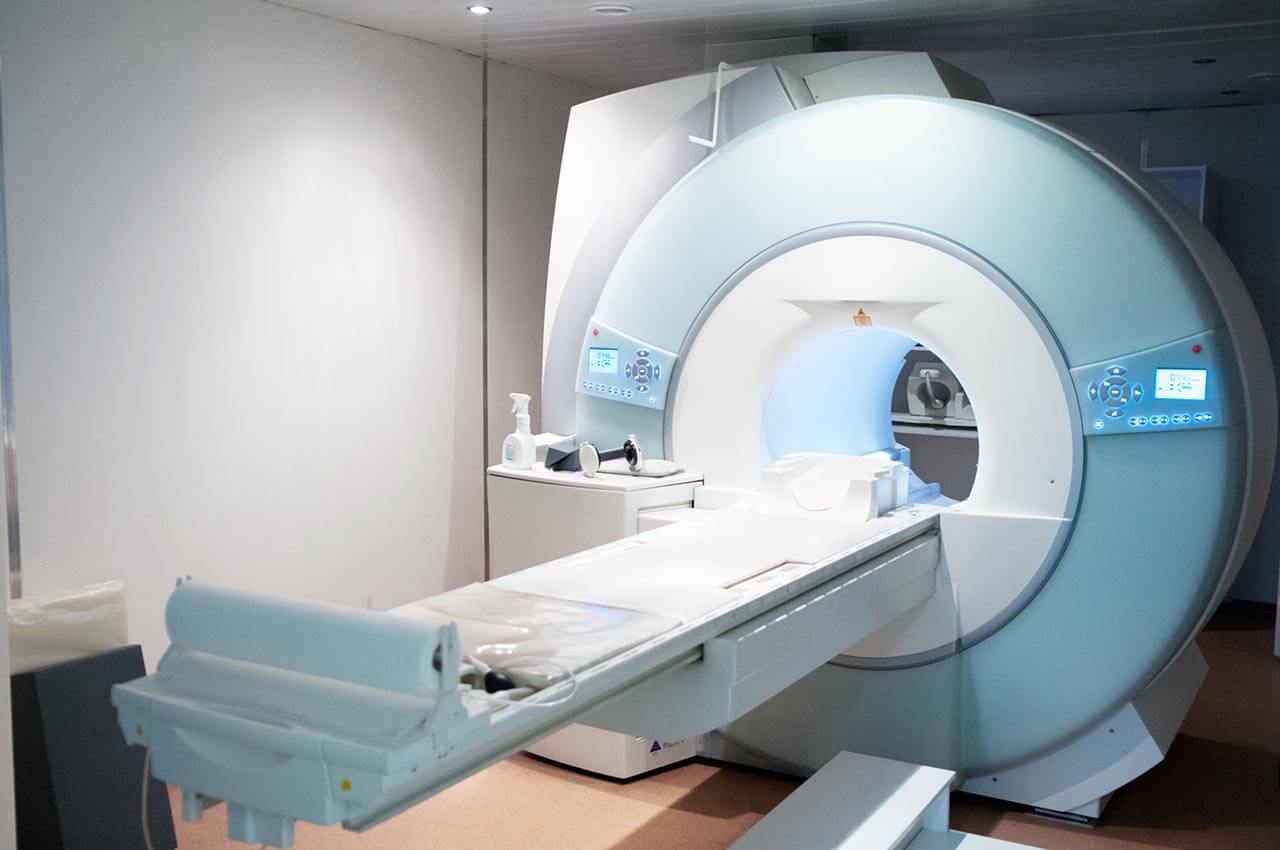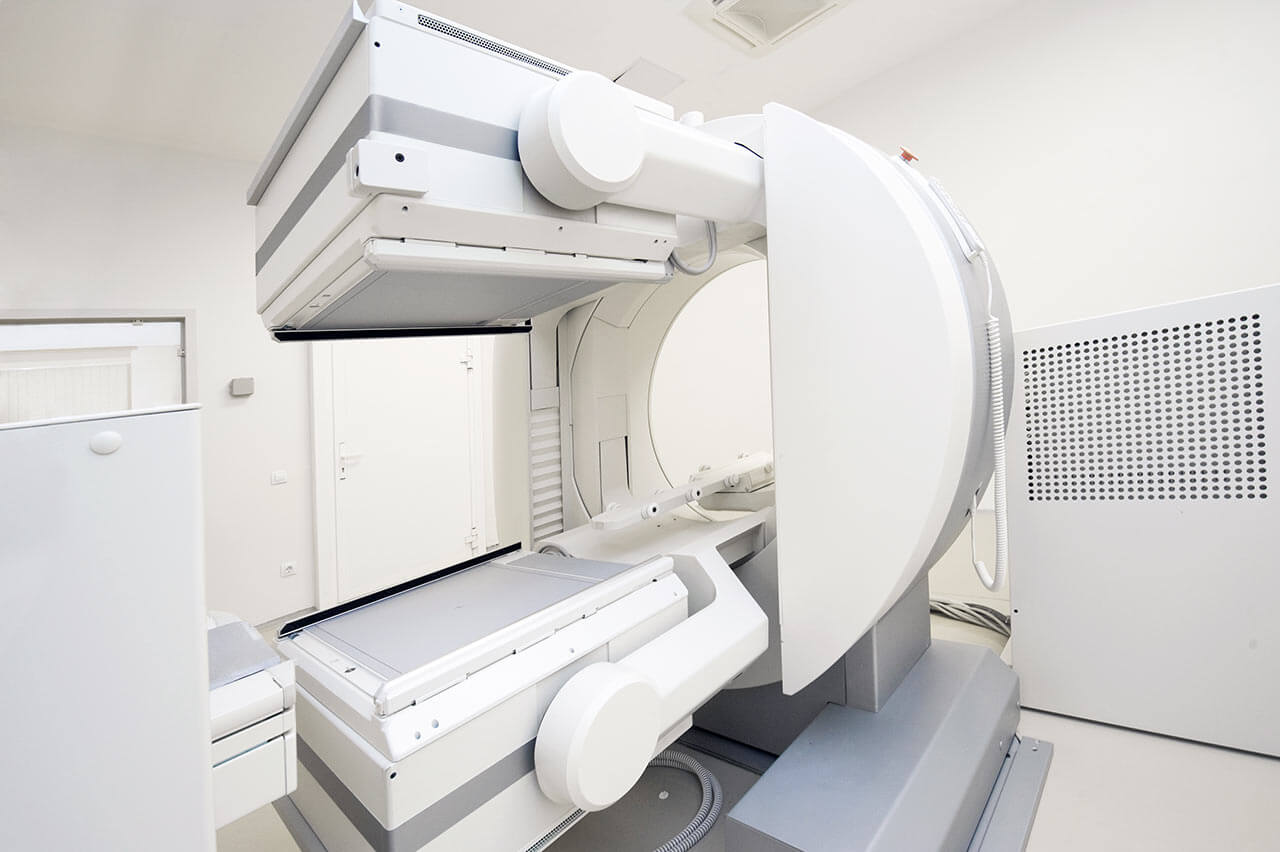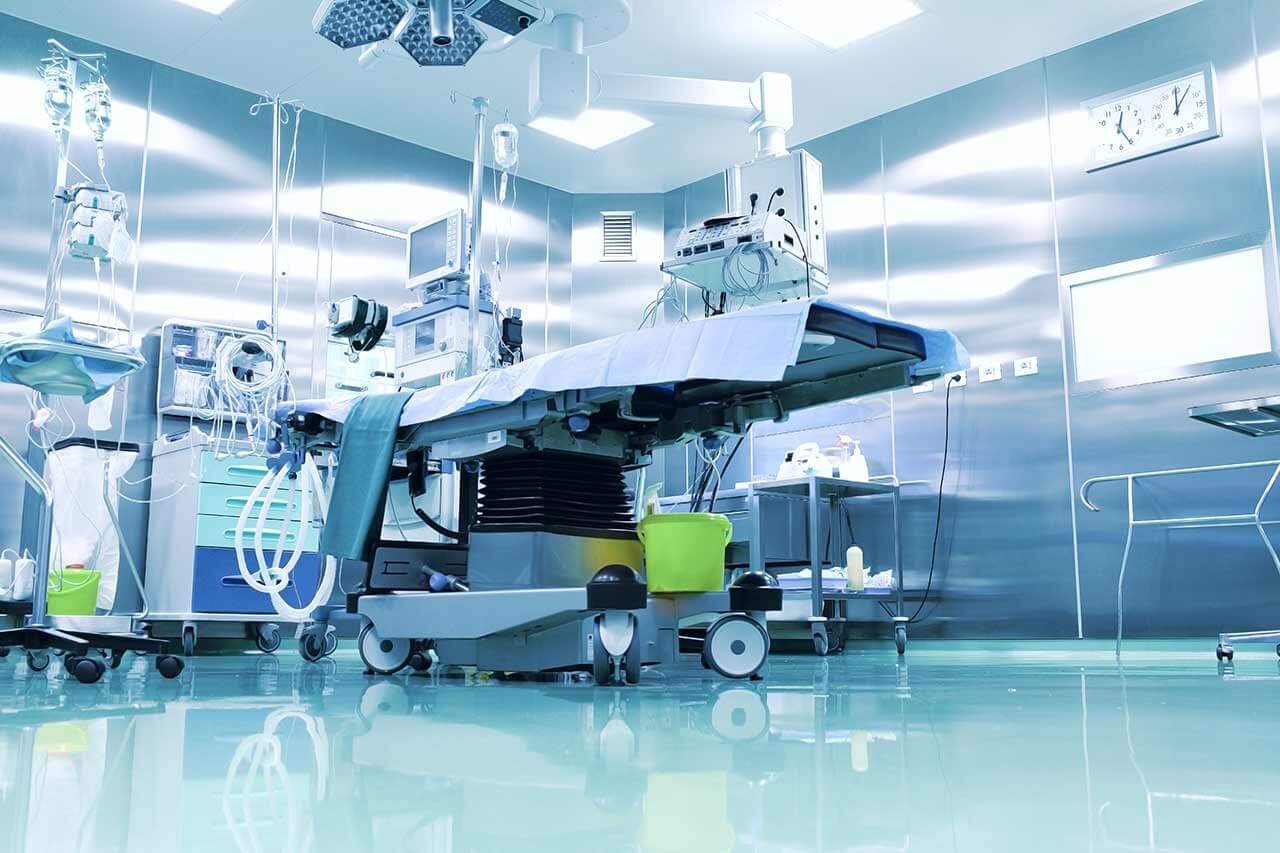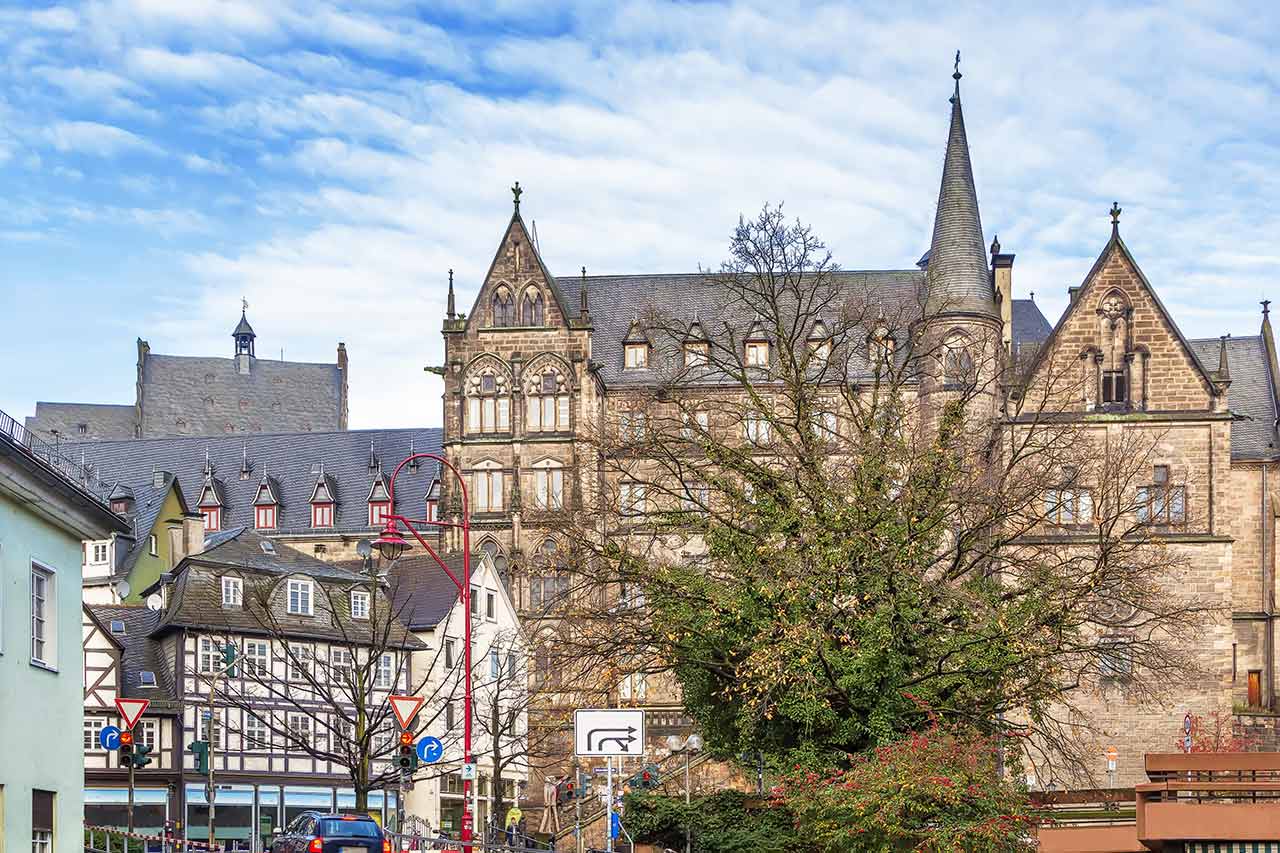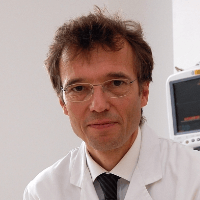
The program includes:
- Initial presentation in the clinic
- case history collection
- general clinical examination
- laboratory tests:
- complete blood count
- general urine analysis
- biochemical analysis of blood
- TSH-basal, fT3, fT4
- tumor markers
- indicators of inflammation
- indicators of blood coagulation
- CT/MRI scans of the whole body
- needle biopsy of the bone marrow
- biopsy and histological examination of CSF
- examination by experts of:
- Cardiology
- Otolaryngology
- Immunology
- Ophthalmology
- registration in the european bone marrow donor base
- conducting high-dose chemotherapy
- allogeneic bone marrow transplantation from
unrelated donor - isolation by neutropenic precautions
- symptomatic treatment
- the cost of essential medicines and blood products
- nursing services
- stay in the hospital with full board
- full hospital accommodation
- elaboration further recommendations
How program is carried out
During the first visit, the doctor will conduct a clinical examination and go through the results of the available diagnostic tests. After that, you will undergo the necessary additional examination, such as the assessment of liver and kidney function, ultrasound scan, CT scan and MRI.
Also, the doctor will conduct a bone marrow biopsy followed by cytological examination of the harvested material. This will help him to determine the histological features of your bone marrow (in particular, identify HLA system antigens) and select a suitable donor. The donor can be a family member or a person from the bone marrow registry. In the second case, the donor material is stored in a bone marrow bank.
Before the procedure, you will receive chemotherapy, if necessary in combination with radiation therapy. The course of chemo- or chemoradiation therapy lasts from 2 to 8 days.
The bone marrow transplant procedure is an intravenous infusion, i.e. the healthy bone marrow will be injected through a catheter, intravenously. You will stay in your room during the procedure. A bone marrow transplant is completely painless and does not require anesthesia.
During the period of healthy bone marrow engraftment, you will stay in a sterile ward. This is a necessary precaution because during this time your immune system is very weak and cannot withstand environmental pathogens. The risk of bleeding is also quite high, so you will be advised to avoid mechanical damage.
A relative or other close person may stay in the ward with you. You will not be allowed to go outside the department and leave your ward often. The rehabilitation period can last from 1 to 2 months.
When your complete blood count returns to normal, your doctor will schedule your discharge from the department. You will receive information about the rules that you will need to follow at home, the frequency and type of control examinations, and subsequent treatment measures. You will also receive a detailed medical report, which will reflect the entire course of treatment.
Required documents
- Medical records
- Bone marrow biopsy results (if available)
Service
You may also book:
 BookingHealth Price from:
BookingHealth Price from:
About the department
According to the Focus magazine, the Department of Hematology, Oncology and Immunology at the University Hospital Marburg UKGM ranks among the top German medical facilities specializing in leukemia treatment!
The department offers accurate diagnostics and effective treatment of malignant and benign blood diseases, solid tumors. The patients are treated in close collaboration with the Comprehensive Cancer Center. Of particular interest to the department's doctors is the treatment of various types of leukemia (within the specialized center with advanced infrastructure). The department takes part in many national and international clinical trials, which makes it possible for patients with advanced stages of cancer to receive treatment using innovative therapeutic methods.
The department is headed by Prof. Dr. med. Andreas Neubauer. The doctor has a unique competence in the field of his specialization and regularly ranks among the top German doctors (according to the Focus magazine)!
The department has vast experience in the treatment of patients with chemotherapeutic drugs. Chemotherapy is carried out on an outpatient basis, so the patient can return home after it. The therapeutic offer is supplemented by other treatment methods, for example, red blood cell and platelet transfusion, immunoglobulin infusions, antibody immunotherapy, pleural puncture and laparocentesis. One of the important components of therapy is psycho-oncological care. The specialists help patients to cope with a diagnosis and to cheer up for a positive therapy outcome.
The department also specializes in bone marrow transplantation, which is most often used in malignant diseases of the hematopoietic (for example, leukemia) and lymphatic systems (for example, malignant lymphoma). The department performs about 20 allogeneic and more than 30 autologous transplantations every year. In addition, it applies new transplantation methods, which allow to increase its efficiency. The clinical activities in this field are certified in accordance with the requirements of JACIE (Joint Accreditation Committee ISCT-Europe & EBMT) and the European Society for Blood and Marrow Transplantation (EBMT), which guarantees the best possible safety and treatment effectiveness.
The main focuses of the department's clinical practice include:
- Diagnostics and treatment of blood cancer (leukemia and malignant lymphomas)
- Diagnostics and treatment of germ-cell tumors (for example, testicular cancer)
- Diagnostics and treatment of malignant tumors of the gastrointestinal tract
- Diagnostics and treatment of connective tissue tumors
- Diagnostics and treatment of tumors of the respiratory system
- Diagnostics and treatment of head and neck tumors
- Diagnostics and treatment of blood-clotting disorders
- Chemotherapy (on an outpatient basis)
- Allogeneic and autologous bone marrow transplantation, including patient care before and after transplantation
- Special hematological diagnostics
- Diagnostics and treatment of congenital and acquired immunodeficiencies
- Other diagnostic and therapeutic options
Curriculum vitae
Education
- 10.1976 - 05.1983 Study of Human Medicine in Berlin and Hamburg.
- 1984 Doctoral thesis defense at the University of Hamburg.
- 1992 Habilitation, Internal Medicine, Free University of Berlin.
Scientific and Clinical Activities
- 2010 Invitation to the position of W3 Professor, University of Freiburg (refusal).
- 2004 Invitation to the position of C4 Professor, University of Würzburg (refusal).
- Since 1999 C4 Professor, Philipps University of Marburg.
- 10.1996 - 12.1998 C3 Professor, Technical University of Dresden.
- 10.1990 - 09.1996 Assistant Physician (since 1993 Senior Physician), Department of Hematology and Oncology, Charlottenburg Hospital, Free University of Berlin.
- 10.1988 - 09.1990 Postdoctoral Scholarship, German Research Foundation, Comprehensive Cancer Center Lineberger, University of North Carolina at Chapel Hill, North Carolina, USA.
- 03.1986 - 09.1988 Assistant Physician, Department of Hematology and Oncology, Charlottenburg Hospital, Free University of Berlin.
- 09.1985 - 02.1986 Postdoctoral Scholarship, German Research Foundation, Max Planck Institute of Biochemistry, Martinsried.
- 07.1984 - 08.1985 Assistant Physician, Department of Hematology and Oncology, Charlottenburg Hospital, Free University of Berlin.
- 07.1983 - 06.1984 Assistant Physician, Department of Nephrology, Charlottenburg Hospital, Free University of Berlin.
Research Focuses
- Genetic examination in myeloid leukemia.
- Molecular biology of tumor resistance.
- Role of Helicobacter pylori infection in the development of gastric lymphoma.
Prizes and Honors
- 2016 Behring-Röntgen Medal (for Research Activities).
- 2008 Hessian State Prize (Third Place) for Oncology Curriculum.
- 2006 Wilhelm Warner Award for Cancer Research.
Memberships in Professional Societies
- 01.1988 German Society for Hematology and Medical Oncology.
- 05.1989 American Association for the Advancement of Science.
- 01.1991 Cancer and Leukemia Group B.
- 01.1994 American Society of Hematology.
- 05.1994 German Cancer Society.
- 05.1994 European Hematology Association.
- 10.1994 Berlin Cancer Society.
- 10.1994 German Working Group on Gene Therapy.
- 04.1998 German Society of Internal Medicine.
- 01.1999 American Society of Clinical Oncology.
- 10.1997 Scientific Advisory Board of the German Society of Hematology and Medical Oncology.
- Scientific Committee of the Josep Carreras Leukaemia Foundation.
Photo of the doctor: (c) UKGM - Universitätsklinikum Gießen und Marburg GmbH
About hospital
The University Hospital Marburg UKGM offers patients modern diagnostics and comprehensive therapy at the international level. As a maximum care hospital, the medical facility specializes in all fields of modern medicine ranging from ophthalmology to traumatology and dentistry. The main areas of specialization of the hospital are surgery, neurosurgery, oncology, nephrology with kidney transplantation and children's medicine.
The hospital is the third largest in Germany. Every year, more than 436,000 patients are treated in two locations of the hospital (Giessen and Marburg): 342,000 in outpatient and 94,000 inpatient settings. The medical facility is the first privatized university hospital in the country.
The hospital staff makes a significant contribution to the development of research activities at the Faculty of Medicine of the Justus Liebig University Giessen and the Philipps University of Marburg. To develop new diagnostic and therapeutic methods, as well as to implement them into clinical practice, the specialists maintain active cooperation in a large number of areas.
The widest range of diagnostic and therapeutic services, the advanced infrastructure and technical base, high quality of treatment and professionalism of health workers contribute to the fact that the medical facility has an excellent reputation not only in Germany, but also far beyond its borders.
Photo: (c) depositphotos
Accommodation in hospital
Patients rooms
The patients of the University Hospital Marburg UKGM live in comfortable single and double rooms made in a modern design and light colors. Each room has an ensuite bathroom with shower and toilet. The pediatric departments provide patient rooms for the joint accommodation of mother and child. The standard room furnishing includes an automatically adjustable bed, bedside table, wardrobe, TV, telephone.
Meals and Menus
The patients of the hospital are offered balanced, healthy three meals a day: buffet breakfast, lunch and dinner. The private kitchen, certified according to DIN EN ISO 9001: 2000, is responsible for providing patients with food and drinks.
If for some reason you do not eat all foods, you will be offered an individual menu. The hospital also has a cafeteria with a large assortment of hot and cold drinks, snacks and desserts.
Further details
Standard rooms include:
Television
All patient rooms are equipped with TV sets. If you have some questions about TV use, please contact medical personnel.
Religion
Religious services can be provided upon request.
Accompanying person
During an inpatient program, an accompanying person can stay with you in a patient room or in a hotel of your choice.
Hotel
During the outpatient program, you can stay at the hotel of your choice. Our managers will help you choose the most suitable option.
